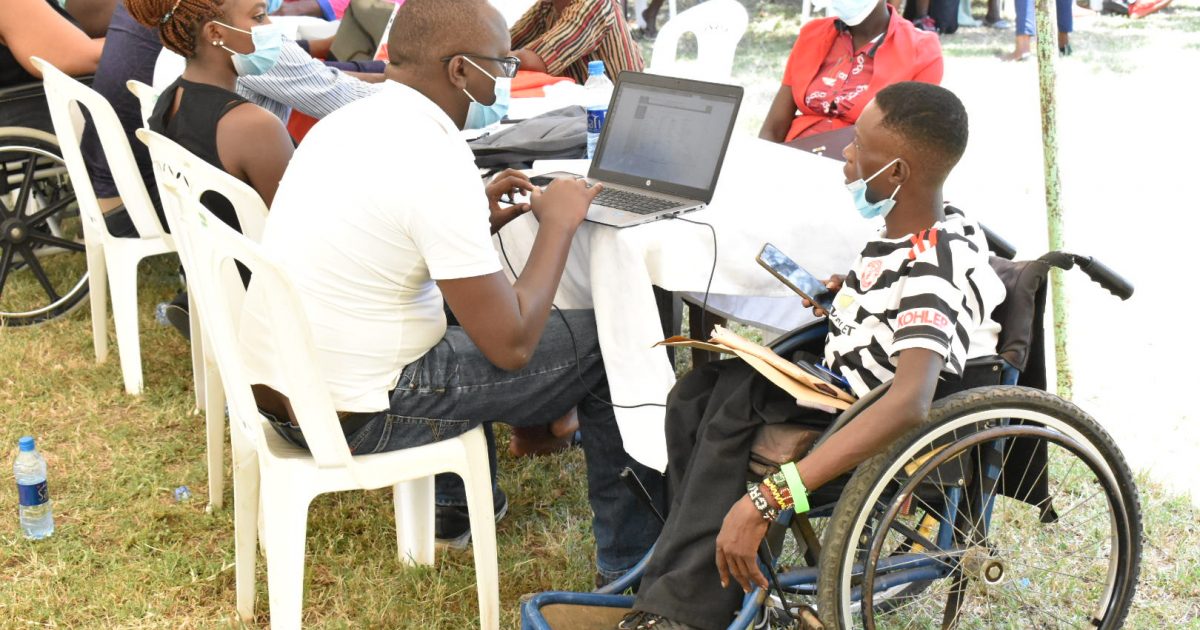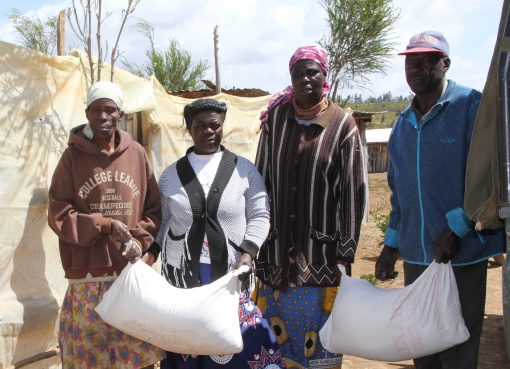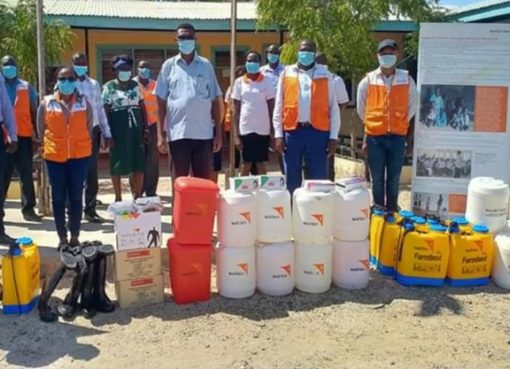National Council for Persons with Disabilities (NCPWD) is at an advanced stage to roll out a new registration system for its members.
The objective of the new system is to curb fraud, enhance reporting structure for accountability, and generate adequate socio-economic data for planning purposes.
The revamped system will streamline operations at the council and ensure that only people who meet the threshold for registration of persons with disabilities are taken on board.
The government offers People Living with Disabilities many privileges thus making members of the public take advantage of the old system to be enlisted by the council.
NCPWD Executive Director Harun Hassan termed the old system as weak and prone to fraud.
“Many people have discovered the support given to PWDs and they have registered as members of NCPWD even those with no disability record to enjoy the privileges like receiving tax exemption for life,” Hassan said.
He was speaking in Kisumu during the training of County disability medical assessment teams on the new assessment and categorisation guidelines developed by the Ministry of Health (MoH).
The Council intends to migrate its members to the new system during a mass registration exercise across the country and eventually declare the old one redundant by 2023.
The process would enable stakeholders to generate real-time and demographics of different types of disabilities from the comprehensive database.
Consequently, the system would decentralise the Director of Medical Services’ signature from Afya House Nairobi to the County Medical Officers.
“This means that persons with disabilities will not have to travel to Nairobi to get their assessment reports signed before acquiring the card thus bringing this crucial service closer to the people,” Hassan asserted.
The new guidelines also seek to standardise the process of assessment across the country.
Daniel Njuguna, an ICT expert at the NCPWD while speaking at the event, said the old system had no guidelines standardising the process of disability medical assessment, which resulted sometimes in information disparities and inaccurate categorisation and registrations.
Council of Governors will partner with the Council in appealing to all county governments to waive the cost of assessment of persons with disabilities in gazetted hospitals which is a requirement for registration
President Uhuru Kenyatta appealed to county governments to waive the cost of assessment of persons with disabilities in gazetted hospitals which is a requirement for registration.
Upon successful registration, members would be given a smart card with key security features and a QR code to enable one to verify its authenticity using a phone.
NCPWD, he added, has procured the services of Dela Rue to print the cards, a measure targeting to weed out individuals irregularly listed as living with disability.
The Council in its mandate to improve services delivery has done registration reforms since 2009 and the rollout of the new system this year would mark a major milestone for the sector.
With the digitization of the registration process, NCPWD envisions having its operations integrated with other government agencies for members to be able to be served at the Huduma Centers, the E-government, and E-citizen portals.
Douglas Kitut, a representative from MoH, said there are about 600,000 people with disabilities in Kenya. A majority suffer from physical, visual, hearing, learning, mental and chronic progressive forms of disabilities.
Kitut said the Council has adopted a globally accepted mode of assessment and categorisation guidelines.
NCPWD has organised two days of training and sensitization meetings in Kisumu, Mombasa and Nakuru for the County disability medical assessment teams who will be pivotal in the registration process.
By Robert Ojwang and Chris Mahandara




